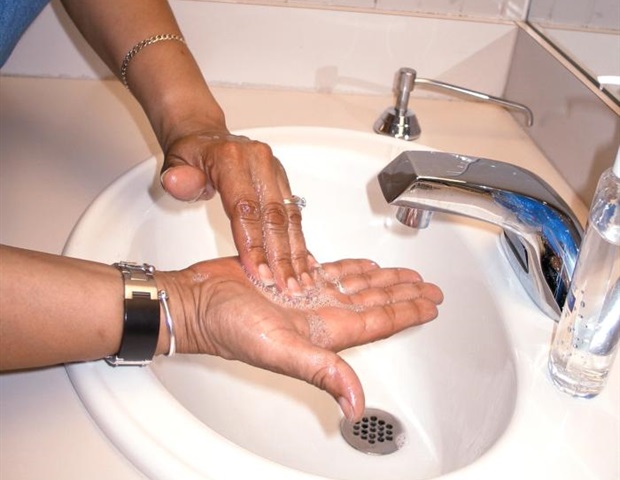
Hand hygiene (HH) monitoring in hospitals might be decreased considerably, permitting an infection preventionists to redirect efforts towards high quality enchancment and affected person security initiatives, in accordance with a brand new research revealed within the American Journal of An infection Management. The research’s findings recommend that hospitals may scale back the variety of HH observations from 200 to as few as 50 observations per unit monthly with out compromising knowledge high quality.
Hand hygiene is the best and only methodology to stop the unfold of infections in healthcare settings. Nevertheless, adherence amongst healthcare staff is usually low. Given its important position in an infection prevention, implementing a dependable HH monitoring program is important.
For many years, figuring out the optimum variety of HH observations wanted to evaluate adherence has been a problem for researchers. In 2019, the Leapfrog Group added a brand new HH normal to the Leapfrog Hospital Survey which required amenities to gather 200 direct HH observations monthly per affected person care unit. In 2021, Leapfrog up to date the usual to supply 100 observations per unit monthly if hospitals met all the opposite domains in the usual. Survey and accrediting our bodies use HH knowledge to assign high quality security grades. The 200-observation normal was primarily based on a 2009 World Well being Group HH commentary methodology.
The Leapfrog Group HH normal is difficult for healthcare amenities due to the numerous sources wanted to collect such a lot of observations and the shift in focus from gathering high quality knowledge and educating healthcare groups to attaining a numerical goal. The aim of this investigation was to find out a statistically comparable variety of HH observations beneath the present normal of 100-200 observations per unit monthly. Researchers with APIC’s Middle for Analysis, Observe & Innovation analyzed 390,371 HH observations collected in 2023 throughout 29 amenities inside giant U.S. hospital programs. They evaluated pattern sizes of 25, 50, 100, and 150 observations towards the present normal of 200 observations to find out if there was a statistical distinction in adherence inside a 95% confidence interval (p = 0.05). An influence evaluation revealed {that a} pattern measurement of fifty observations was akin to 200 observations for assessing HH compliance.
Robust consideration needs to be given to decreasing the required variety of hand hygiene observations. If the taking part hospitals had been allowed to put much less effort on assembly a particular hand hygiene commentary quantity and extra effort on suggestions, coaching/schooling, infrastructure, and tradition, they may doubtlessly create a tradition that fosters and encourages the significance of HH with out the burden of the excessive quantity required for the monitoring area.”
Sara Reese, PhD, MPH, CIC, FAPIC, lead investigator and Director of Analysis at APIC’s Middle for Analysis, Observe & Innovation
For a hospital with 12 departmental items, gathering 100-200 direct HH observations requires 67 to 127 hours monthly, translating to an annual price of roughly $36,288–$68,688. By decreasing the required variety of observations to 50 per unit monthly, hospitals may save over $50,000 yearly which might be put towards efforts to boost HH practices and scale back healthcare-associated infections.
“This paper gives a crucial evaluation of the important necessities for measuring hand hygiene compliance,” mentioned 2024 APIC President Tania Bubb, PhD, RN, CIC, FAPIC. “Lowering the variety of required observations would alleviate the burden on an infection prevention groups and hospitals, improve the standard of reported knowledge, and liberate time and sources for significant efficiency enchancment. We strongly encourage high quality and security requirements organizations to overview these knowledge and reduce hand hygiene commentary necessities.”
Supply:
Journal reference:
Reese, S. M., et al. (2024). Proper-sizing expectations for hand hygiene commentary assortment. American Journal of An infection Management. doi.org/10.1016/j.ajic.2024.11.017.

